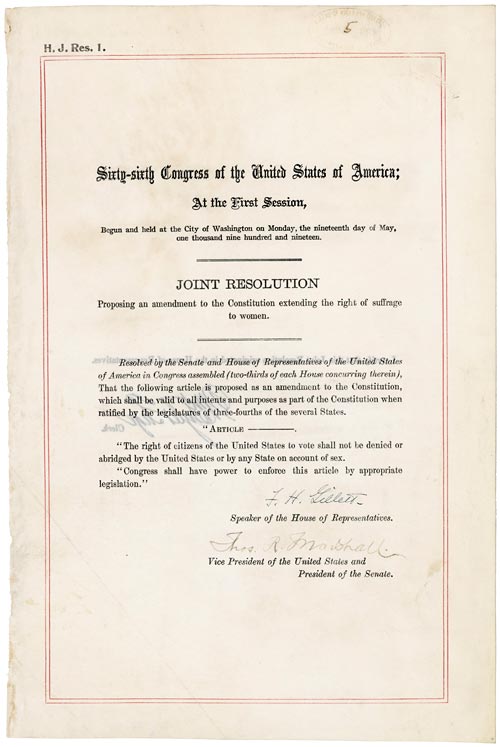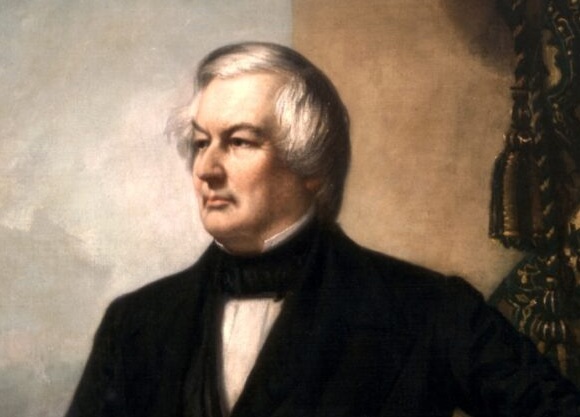The 19th Amendment to the United States Constitution was ratified on August 18, 1920, and it granted women the right to vote.
The 19th Amendment to the United States Constitution was ratified during the presidency of Woodrow Wilson. While Wilson did not play a direct role in the passage of the amendment, his administration coincided with the final stages of the suffrage movement and the ratification process.
The amendment was passed by Congress on June 4, 1919, during Wilson’s presidency, and it was ratified by the necessary number of states on August 18, 1920, while Wilson was still in office. Therefore, Woodrow Wilson was the president at the time the 19th Amendment was ratified, granting women the right to vote nationwide.
Here are some key points about the 19th Amendment:
- Background: The suffrage movement, also known as the women’s suffrage movement, began in the 19th century with women advocating for the right to vote. Leaders such as Susan B. Anthony, Elizabeth Cady Stanton, and Lucretia Mott played pivotal roles in advancing the cause.
- Text of the Amendment: The 19th Amendment states: “The right of citizens of the United States to vote shall not be denied or abridged by the United States or by any State on account of sex.”
- Ratification: The road to ratification was long and challenging. The amendment was first introduced in Congress in 1878, but it faced significant opposition. It was finally passed by Congress on June 4, 1919, and sent to the states for ratification. Tennessee became the 36th state to ratify the amendment on August 18, 1920, achieving the necessary three-fourths majority for it to become law.
- Impact: The passage of the 19th Amendment marked a significant milestone in the fight for women’s rights and equality. It enfranchised millions of women across the United States, giving them a voice in the political process and empowering them to participate in elections at all levels of government.
- Legacy: The 19th Amendment expanded the electorate and helped to reshape American politics. Women’s suffrage paved the way for greater gender equality and paved the way for women to pursue careers in politics, government, and other fields traditionally dominated by men.
- Challenges: While the 19th Amendment granted women the right to vote, it did not eliminate all barriers to voting. Women of color, particularly African American women, continued to face discrimination and obstacles at the polls due to poll taxes, literacy tests, and other forms of voter suppression. It wasn’t until the Voting Rights Act of 1965 that many of these barriers were addressed.
Overall, the 19th Amendment is a landmark achievement in the ongoing struggle for equality and civil rights in the United States, and it remains a symbol of the power of grassroots activism and social change.




